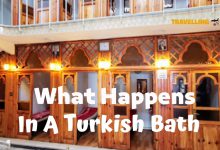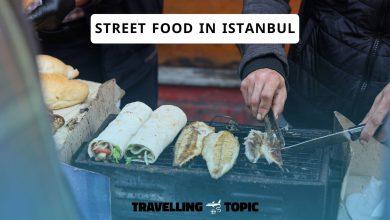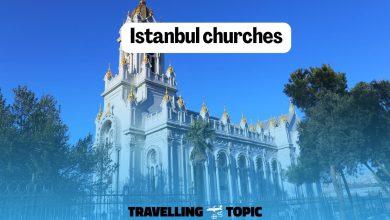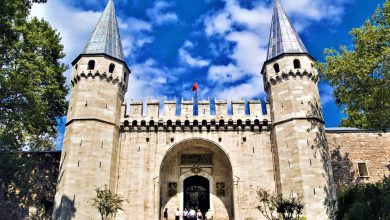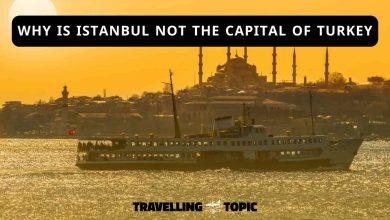Are Turkish People Arabs? | Is Turkey An Arab Country?
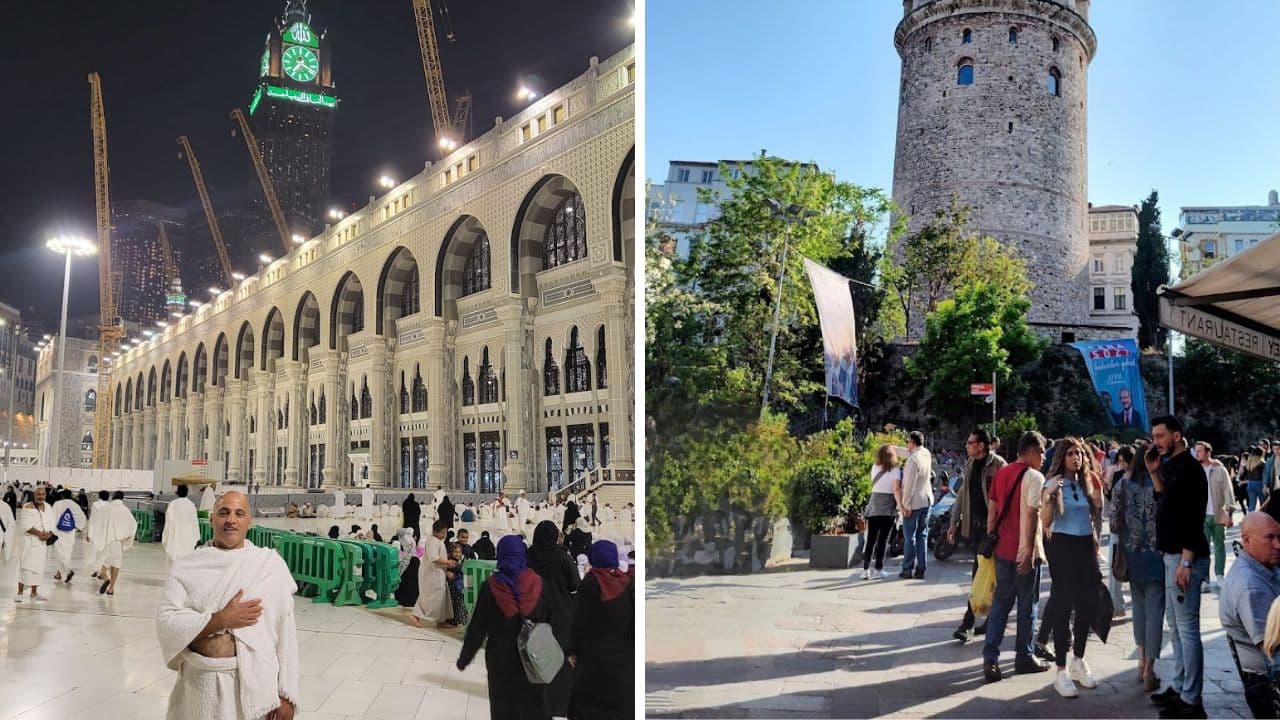
Would you like to know what race your Turkish friends are? Do you think that because Turkish people are Muslim, they are Arabs? Do you want to know more about the history of the Turkic race?
Before my trip to Turkey, I read many books about the history and culture of the people of this country. I am well acquainted with Turkish people because I spent more than three months in different cities in this country. I know that Turkish people are not Arabs, but they have something in common with Arabs.
The race of today’s Turks is a combination of the Turks of Central Asia, Mediterranean peoples, Caucasians, Kurds, Armenians, and Greeks, but Arabs do not have these races.
Are Turkish people Arabs?
Table of Contents
Since I have lived in both the United Arab Emirates and Turkey, I am well aware of the difference between Arabs and Turks. Turks and Arabs are different in appearance, but they have cultural similarities that I will mention below.
Arabs, especially those who live in Saudi Arabia, have dark skin, but Turkish people have light skin. Some have blond hair and coloured eyes, which are not seen in Arabs.
The language of the people of Turkey is Turkish, but the Arabs speak Arabic, and they are completely different from each other.
The official religion of most Arab countries and Turkey is Islam, and this is one of the reasons why people think Turks are Arabs.
Historical links between Turks and Arabs
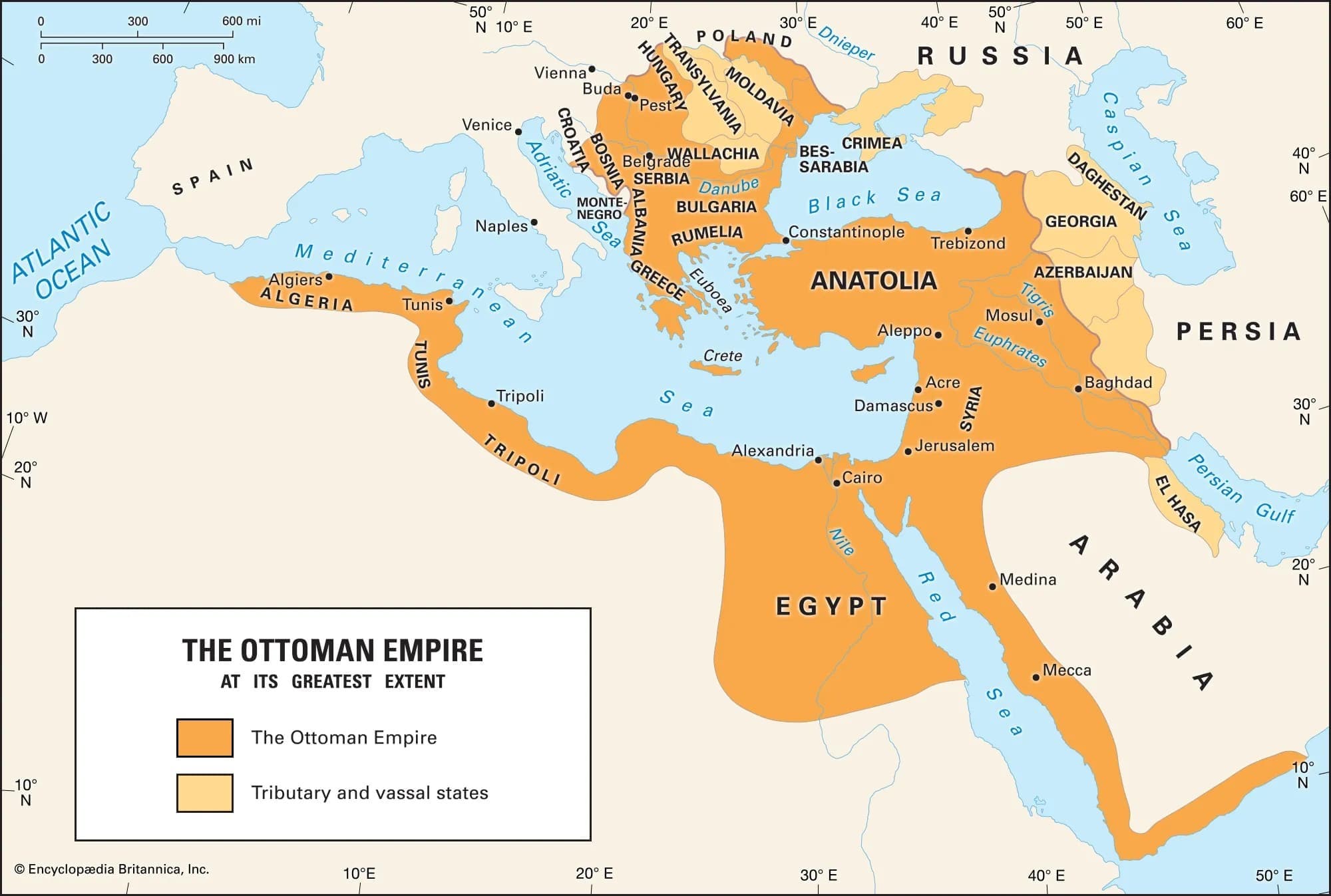
Centuries ago, the Ottoman Empire ruled Turkey, and some of the current Arabic-speaking countries were also under the control of this empire; for this reason, there have always been historical ties between Turks and Arabs.
Based on the information I read on Wikipedia, I discovered that before Atatürk established the Republic of Turkey in 1923, Turkish people used Arabic letters to read and write. After the destruction of the Ottoman Empire and the establishment of the Republic of Turkey, nationalism began in this country. Arabic letters were removed from all books in this country because modern Turkey emphasizes a national identity distinct from Arab and European identity.
Islam is the most important historical link between Turks and Arabs, and it has caused Turks and Arabs to have many common cultural points. For example, Turks and Arabs fast during Ramadan, celebrate Eid al-Fitr and Eid al-Adha, and believe in the promised Mahdi.
For more information about the religion of Turkish people, you can read the article “What Religion Are Turkish People?”
Is Turkey An Arab Country?
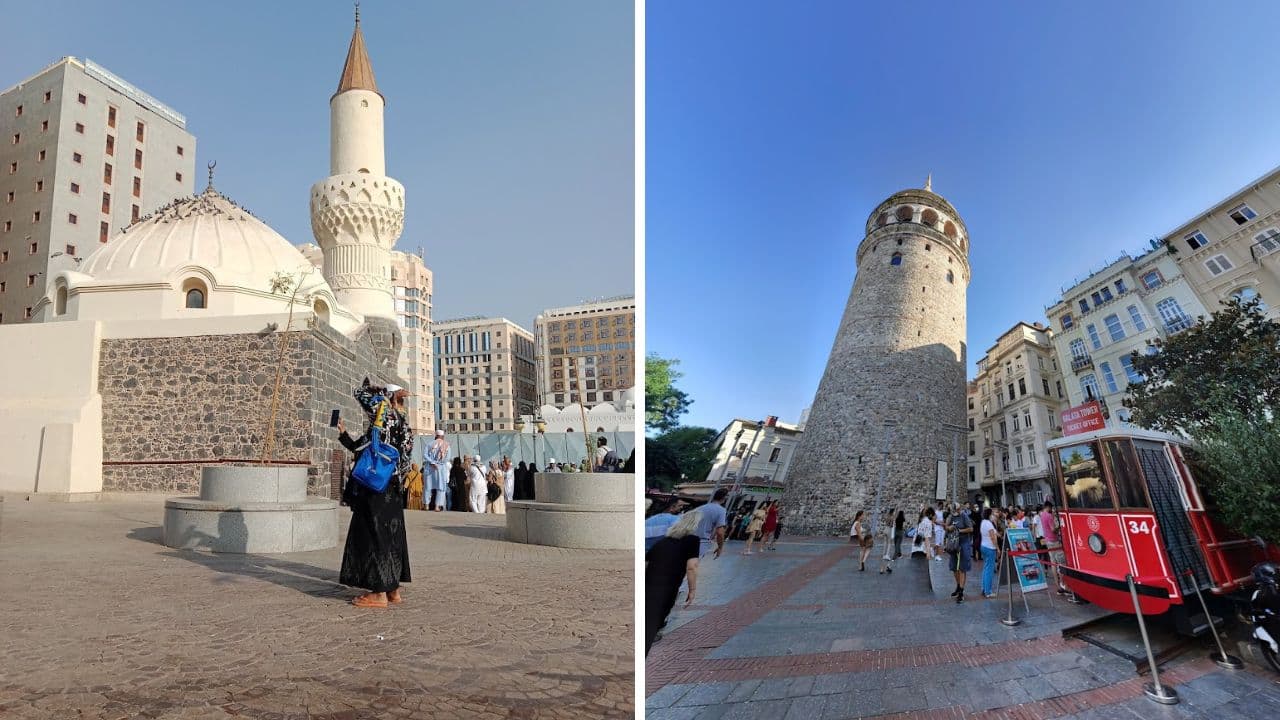
According to information, about 5% of the people of Turkey are Arabs, and they have lived in different areas of this country from the past until today.
Most Arabs live in Turkey’s southeast, in the provinces of Hatay, Mardin, Mersin, Şanlıurfa, Adana, and Batman.
One thing you should know is that due to the recent wars in the Middle East, many Arabs have fled to Turkey from Syria, and this has led to an increase in the number of Arabs in Turkey in recent years.
In the End
Most travellers will travel to this country for a short time and will need more opportunities to get to know the people. If you want to get to know the people and culture of Turkey, you should at least live in one of its cities for a month to fully understand the information I gave you in this article.
Finally, please share your opinion about this article in the comments section so I can complete it in the next updates.
References:
- Caner Berkman, Ceren (2008). “Alu insertion polymorphisms and an assessment of the genetic contribution of Central Asia to Anatolia with respect to the Balkans”. American Journal of Physical Anthropology. 136: 11–18.
- Hodoğlugil, Uğur; Mahley, Robert W. (2012). “Turkish Population Structure and Genetic Ancestry Reveal Relatedness among Eurasian Populations”. Annals of Human Genetics. 76 (2): 128–141.
- Alkan et al. (2014), BMC Genomics 2014, 15:963, Whole genome sequencing of Turkish genomes reveals functional private alleles and impact of genetic interactions with Europe, Asia and Africa

